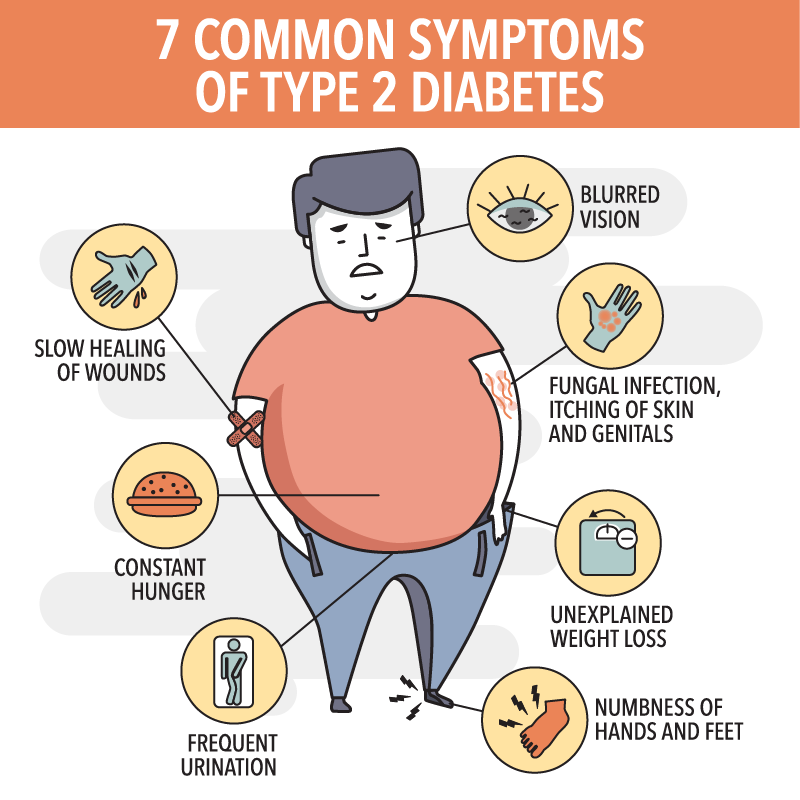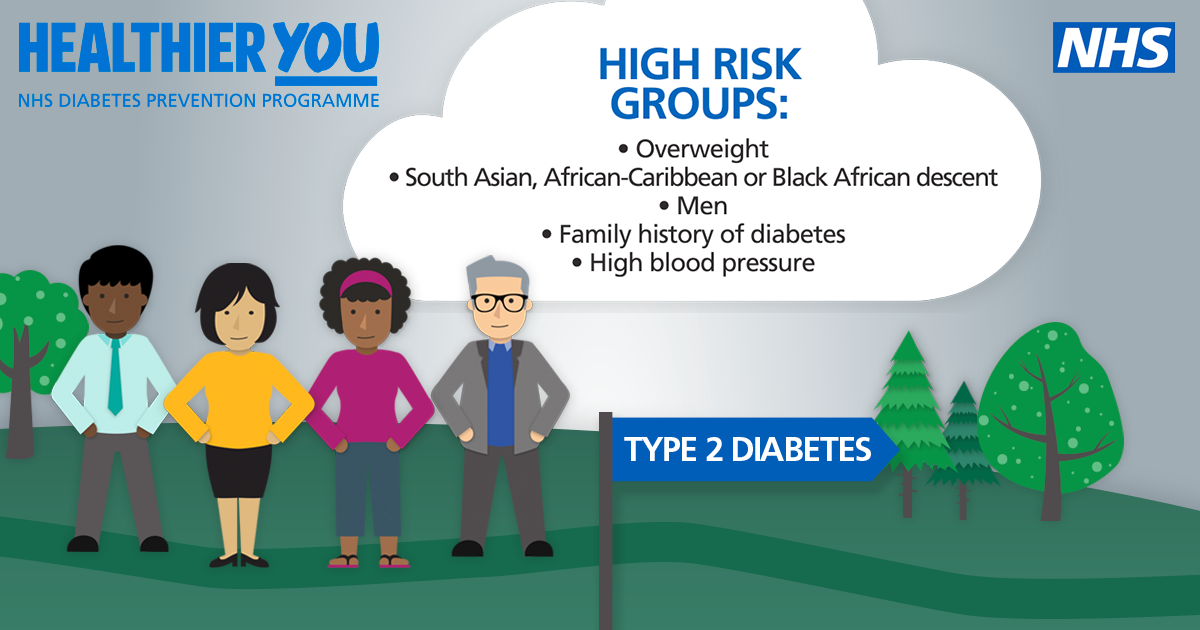This week Men’s Health Week is celebrated around the world leading up to Father’s Day. The purpose of Men’s Health Week is to heighten the awareness of preventable health problems and encourage early detection and treatment of disease among men. Going to the doctor plays an important part of maintaining overall health and wellness.
Even if you think you’re too busy, visiting the doctor can help you avoid health issues before they become more serious. And whether or not you need convincing to get a checkup, it’s important to go to the doctor prepared — and that begins with asking the right questions.
If you don’t know where to start, here are some questions you should ask your doctor.
1. What screenings do I need at my age?
Numerous health screenings are available to help you ward off chronic disease. Ones that should be part of any man's health checklist include preventive screenings for:
- Diabetes/blood sugar testing.
- Blood pressure. Your doctor should check your blood pressure every 2 years.
- Cholesterol. Regular blood tests should check your good and bad cholesterol levels.
- HIV and other sexually transmitted infections.
- Prostate exam to test for prostate cancer. Have a serious discussion with your doctor about whether this test is right for you.
2. Am I eating right?
Men have different nutritional needs at different ages. Eating a balanced diet filled with whole grain, fruits and vegetables and lean protein is a good practice for everyone to follow. Getting enough calcium can strengthen your bones, while consuming enough vitamin D, fiber and potassium can reduce your risk of heart disease. Also pay attention to your salt and saturated fat intake. Too much consumption of these two things can jeopardize your heart health and put you at risk for high blood pressure, diabetes, kidney stones and other chronic conditions.
3. Should I exercise more often?
Exercise helps an aging body in many ways. Getting enough exercise can help you maintain a healthy weight and reduce your risk of disease. Before you begin an exercise regimen, ask your doctor how much and what type of physical activity is right for you. This will reduce your risk of injury and ensure you’re doing enough to maintain a healthy weight.
4. What other doctors do I need to see?
A few specialist checkups can complete your good-health picture. You should go to an Ophthalmologist every year to get a vision screening, and an Ear, Nose and Throat (ENT) specialist to have your hearing checked and a Urologist to have regular checkups. Discuss any other potential health problems with your doctor to see if a referral to a specialist makes sense. For example, if you spend a lot of time outside, you might want to get your skin evaluated, head to toe, by a Dermatologist to look for possible (early) signs of skin cancer.
5. What’s changed since my last visit?
When going to the doctor for a specific problem, it is important to still think about your overall health. If you’re at the doctor, it’s a good opportunity to be an empowered patient, and ask about your vital signs and blood work so you can see what’s changed since you were there last.

